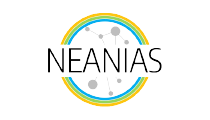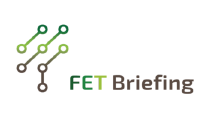Services
Research SERVICE
We work with top European scientists and support turning research results into commercial success.
Research
Exploitation and commercialisation of research results
We are working closely with academic and industrial actors to support technology transfer, validate and commercialise technology to pave the way for further development and broad use.
Research
Communication and dissemination of research results
Research
Research-industry matchmaking
Research
Attracting EU funding
Raising funds can be a barrier for expanding existing activities or developing a new product. We at innomine assist our clients in making their goals a reality by mapping and identifying the necessary funding. We prepare business plans, support investment pitches, as well as generating applications for public sources. Our customers receive assistance throughout the investment attraction and finance implementation process.
our related
projects
Click to view
More services
Digital
Digital

Ecosystem
Ecosystem
Technology
Technology
Circularity
Circularity
Let's Work Together!
We are here to help you grow.
Send us a message and let’s change the future.
Contact
(+36) 30 198 2838
11. Széll Kálmán tér, Budapest 1024









